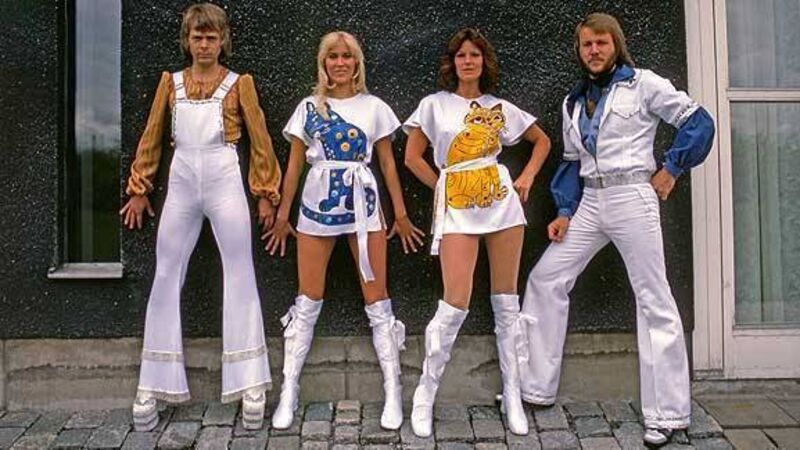Abba: Eurovision’s most successful winners

HERE’S something to make you feel old — it’s been 40 years since Abba won the Eurovision with ‘Waterloo’, in Brighton in 1974. That’s four decades since the music of Abba earwormed its way into the music department of our brains and lodged there.
The band have long since broken up — over 30 years ago, in 1982 — but their influence is as ingrained in pop culture as, say, The Beatles. It’s just that Abba were never that cool.











